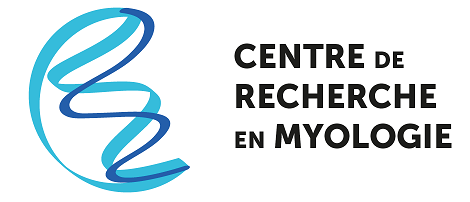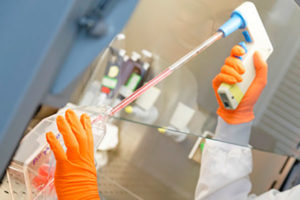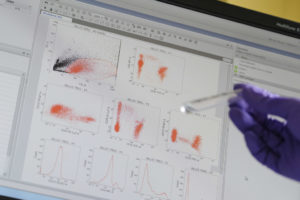A venir
No events are found.
Archives
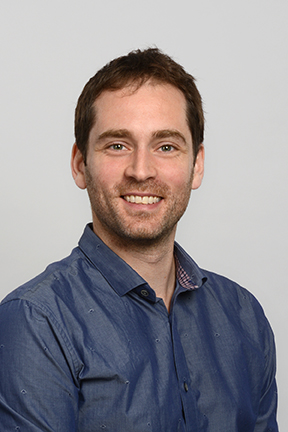
Zoom link => https://zoom.us/j/99379642366
Understanding muscle stem cell defects in satellite cell-opathies to develop new therapeutic avenues
Nicolas Dumont
Professeur à l’Université de Montréal depuis 2016, a établi son laboratoire au centre de recherche du CHU Sainte-Justine.
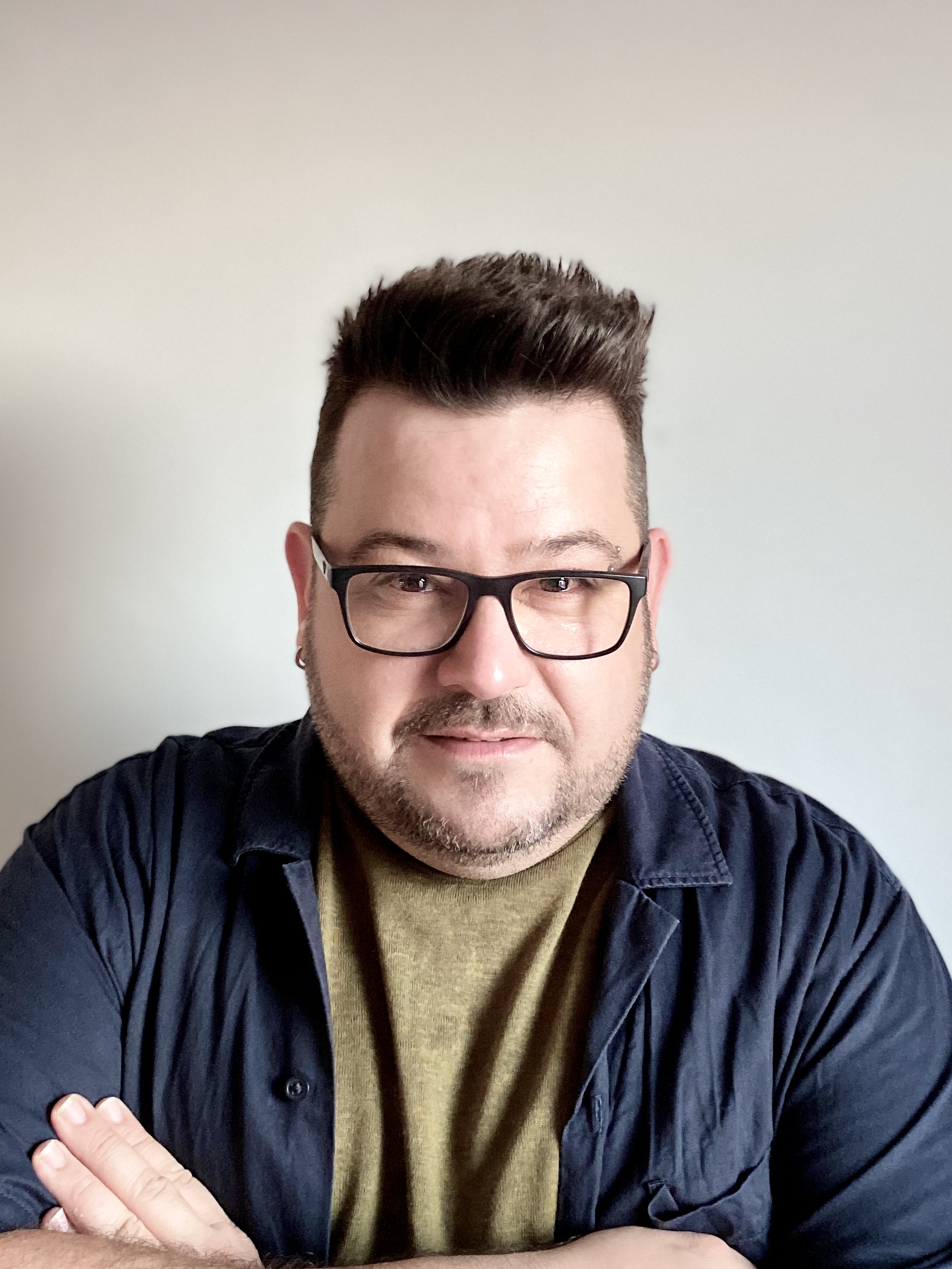
Zoom link => https://zoom.us/j/98572873852
Organs-on-chip for muscular dystrophies: advanced models for evaluation of potential therapies
Juanma Fernández Costa, PhD
Senior Researcher
Biosensors for Bioengineering Group
Institute for Bioengineering of Catalonia, IBEC
Barcelona Institute of Science and Technology, BIST
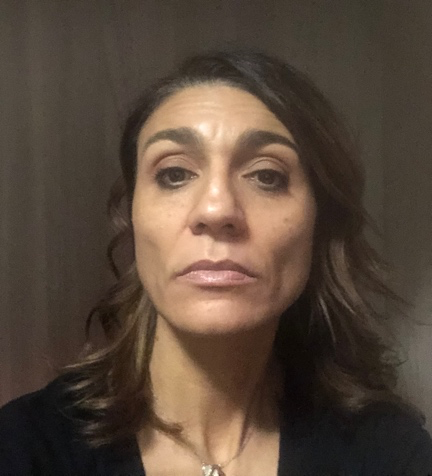
Zoom link => https://zoom.us/j/94959287655
Drug repurposing and nutraceuticals for the treatment of Duchenne muscular dystrophy: the fluoxentine and plumbagin combination experience
Cristiana Perrotta, PhD
Associate Professor
Department of Biomedical and Clinical Sciences « L. Sacco »
Universita degli Studi di Milano
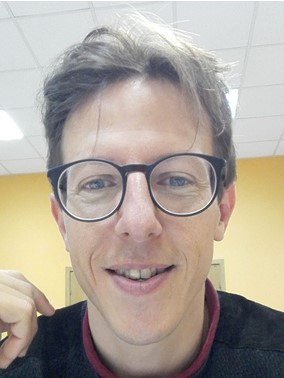
Zoom link => https://zoom.us/j/95899026222
NAD+ metabolism in cancer- and chemotherapy-induced cachexia
Fabio Penna
Associate prof. @ dept. of Clinical and Biological Sciences, University of Torino, Italy
My scientific path started with the characterization of anabolic and catabolic circulating factors that associate with muscle wasting in several animal models of cancer cachexia, finding reduced IGF-1 and increased myostatin as common signs induced by tumor growth. My research provided the first evidence that tumor growth impairs the myogenic potential and that ERK inhibition rescues the myogenic capacity and partially prevents muscle depletion in tumor hosts. In parallel, I described the specific effects of tumor growth on muscle mitochondria and the ability of training exercise to revert such alterations in order to move the scientific interest from muscle mass to muscle quality, function, and metabolism. The current focus of my research has moved from a muscle centric perspective to a broad host metabolism approach, in order to understand cancer as a systemic host disease.
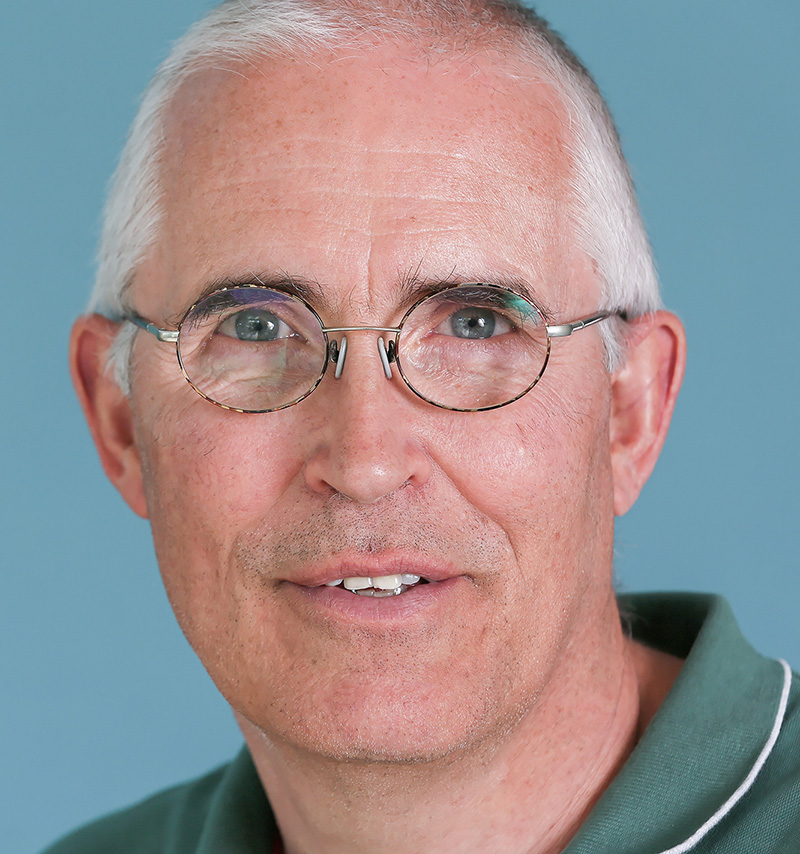
Zoom link => https://zoom.us/j/93467658725
Ceramide de novo synthesis links muscle disorders with mitochondrial and protein homeostasis »
Johan Auwerx, M.D., Ph.D.
Ecole Polytechnique Fédérale de Lausanne, Switzerland
Johan Auwerx is using systems biology and genetics approaches to understand the communication between the mitochondria and the nucleus. His work is relevant for the areas of transcription, mitochondria, metabolism, and aging. His research spurred the development of new drugs, such as PPAR agonists, Urolithins, PARP and ACMSD inhibitors and other NAD+ boosters for the treatment of age-related metabolic, cardio-vascular and neuro-muscular diseases. Johan Auwerx was elected as a member of EMBO in 2003 and has received many international scientific prizes. He is the founder of several biotech companies.
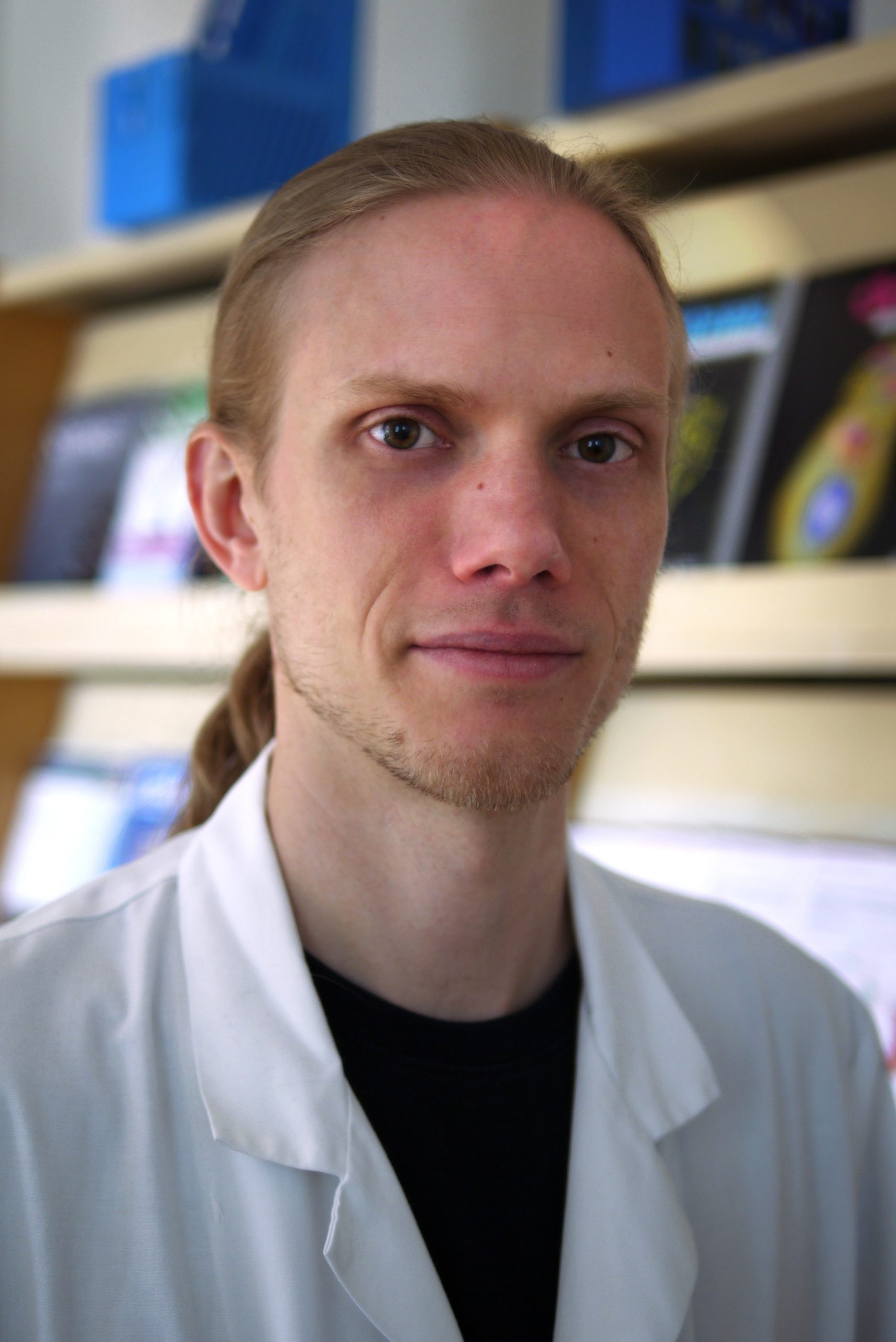
Zoom link => https://zoom.us/j/99674081733
Soluble inflammatory mediators regulating skeletal muscle remodeling and metabolism
Nicolas Pillon
Assistant senior lecturer
Karolinska Institutet
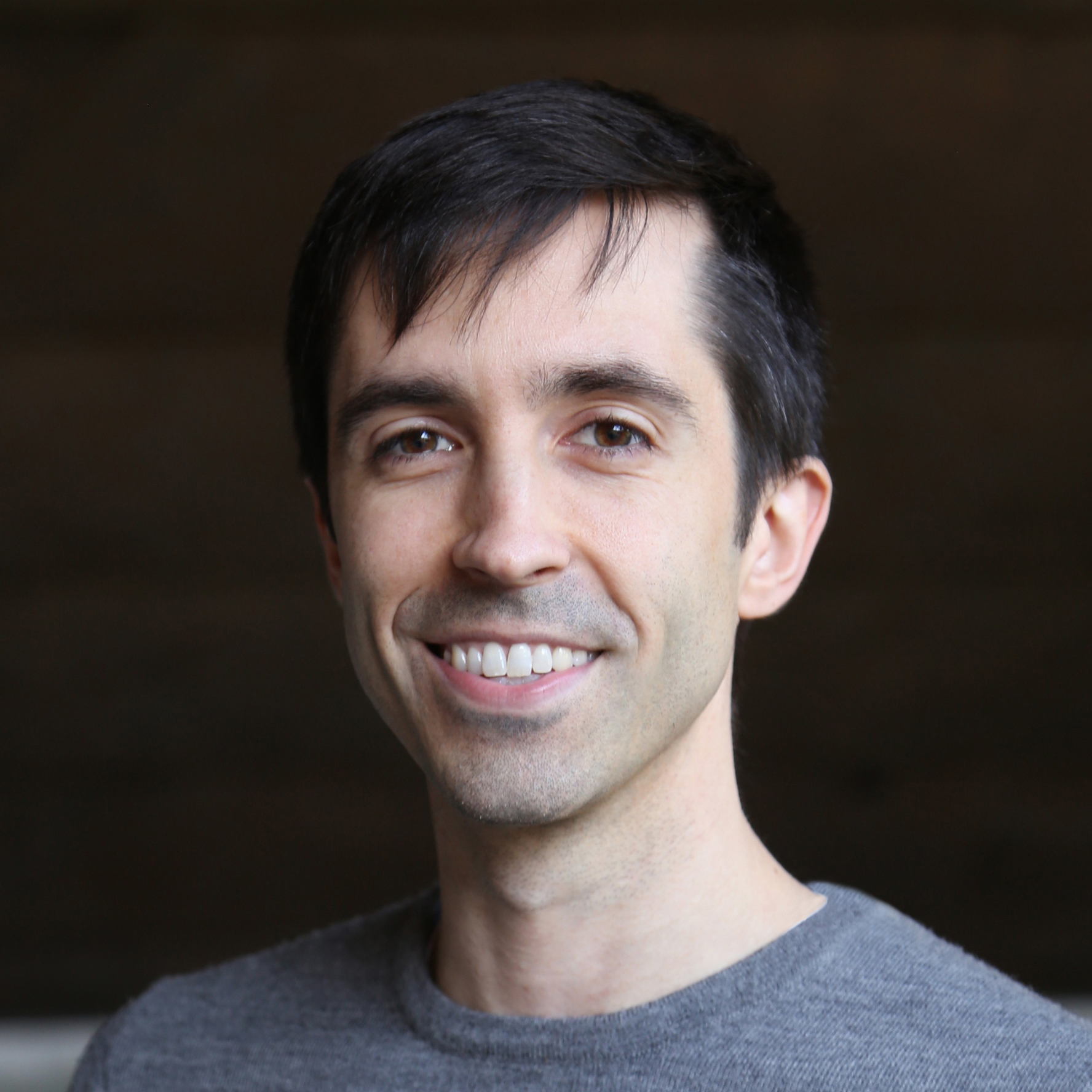
Zoom link => https://us02web.zoom.us/j/81481320295
Deciphering the role of the noncoding genome in disease
Ryan Corces
Gladstone Institute of Neurological Disease
University of California San Francisco
More information on the Corces Lab
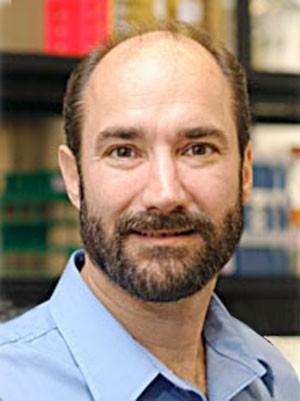
Zoom link => https://us02web.zoom.us/j/81834911510
Transforming Healthcare Using Deep Data and Wearables
Michael Snyder
Stanford Medicine – Stanford University
Chair, Dept. of Genetics (2009 – Present)
Director, Center for Genomics and Personalized Medicine (2009 – Present)
Michael Snyder Biosktech
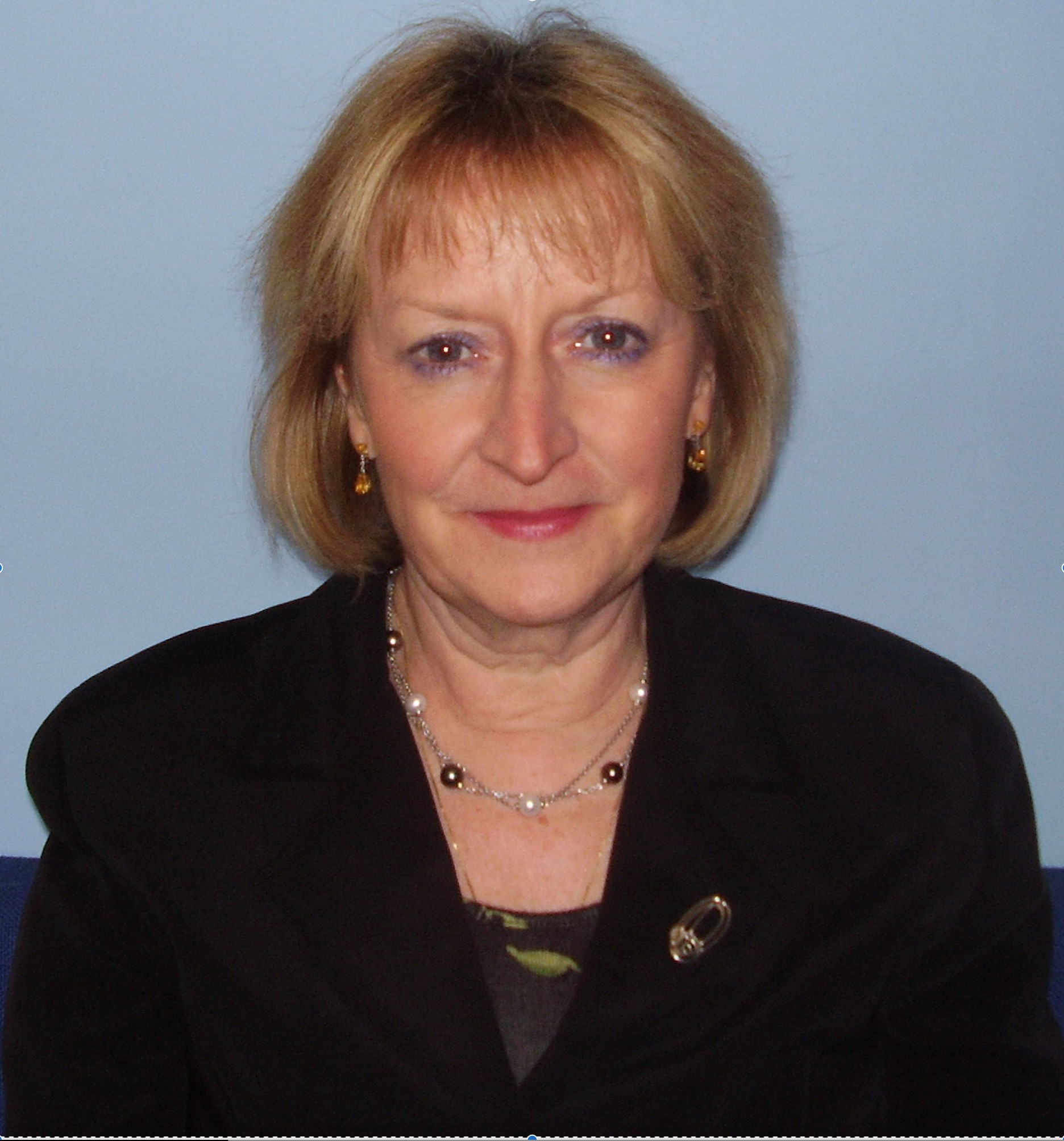
Zoom link => https://us02web.zoom.us/j/86114044204
Motor neuron disease: a neurodegenerative disorder poised for successful therapy development
Professor Dame Pamela Shaw
DBE MBBS MD FRCP FMedSci FAAN FANA FAAAS
Professor of Neurology,
Honorary Consultant Neurologist, Sheffield Teaching Hospitals NHS Foundation Trust,
Director of the Sheffield Institute for Translational Neuroscience (SITraN),
Director NIHR Sheffield Biomedical Research Centre,
Director of the cross-faculty Neuroscience Research Institute University of Sheffield
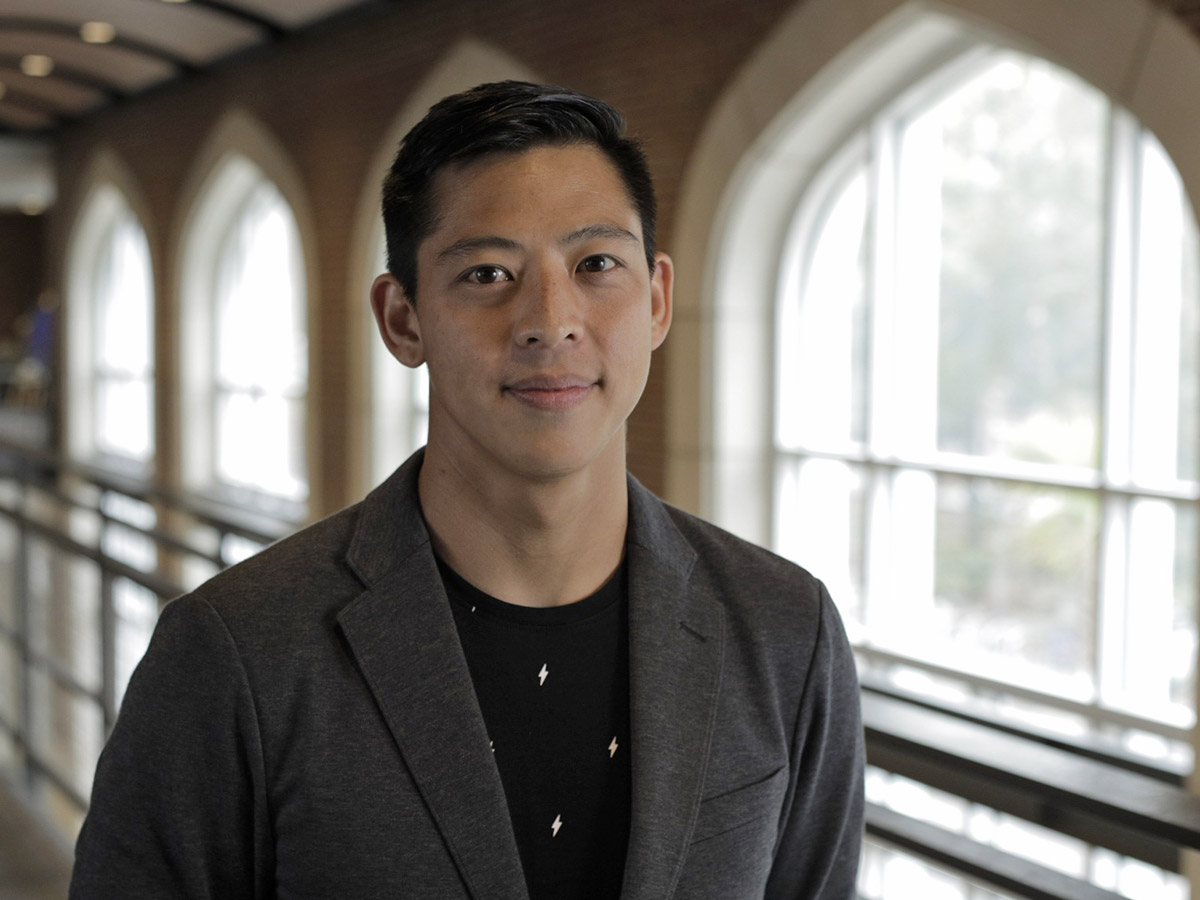
Zoom link => https://us02web.zoom.us/j/85270412441
Repeat Expansions Instigate Supply Chain Issues in Nucleus and Cytoplasm
Eric Wang
University of Florida, Department of Molecular Genetics & Microbiology
More information on Eric Wang laboratory
Eric T. Wang – Principal Investigator
Eric received his BA in Biochemistry at Harvard College and PhD from the Harvard-MIT Division of Health Sciences & Technology. Following receipt of an NIH Early Independence Award, he started his lab as a Koch Institute Fellow, and subsequently moved to the University of Florida as an Assistant Professor. His interests lie at the intersection of genomics and cell biology, with a focus on better understanding disease pathogenesis underlying repeat expansion diseases. A family connection led him to focus on myotonic dystrophy, a multi-systemic disease affecting muscle, heart, and brain. He has worked with the Myotonic Dystrophy Foundation, the Muscular Dystrophy Association, and Promise to Kate to raise awareness and funding for research. He co-founded Strength, Science and Stories of Inspiration to support the research of young investigators. He also interacts extensively with drug companies to develop meaningful treatment options for people living with severe neurological diseases.
